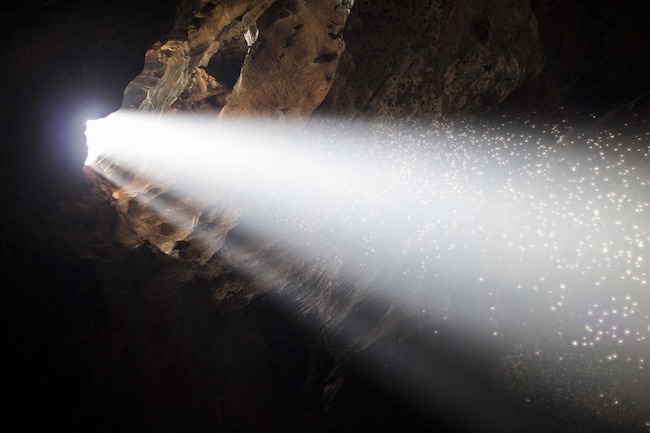DOES SCIENCE SUPPORT THE RESURRECTION? by Andrew Menkis for Core Christianity
GNN Note – The real question is – does it matter if “science” supports the resurrection or not? /END
The resurrection of Jesus Christ is the heart of Christianity. The apostle Paul, one of Christianity’s earliest and most important voices argued, “If Christ has not been raised, your faith is futile and you are still in your sins. Then those also who have fallen asleep in Christ have perished. If in Christ we have hope in this life only, we are of all people most to be pitied” (1 Cor. 15:17-19). Paul is saying if the resurrection didn’t happen, Christianity is a mythical story offering only false hope. On the other hand, if the resurrection did happen, it’s proof that Jesus was who he claimed to be: the Son of God.
Science doesn’t support the resurrection. I think that statement is true, yet I believe the resurrection of Christ happened in a real and physical sense. No doubt some will read those sentences and conclude that I’m foolish, or simply an advocate of a blind and irrational faith. However, I would argue accepting that science doesn’t support the resurrection doesn’t have to lead to the conclusion that it didn’t occur. There are good reasons a person would be warranted to believe that Jesus died and came back to life, even if science doesn’t support the claim. Before looking at those reasons, however, we should address why science doesn’t support the resurrection.
Miracles and Science
Science doesn’t support the resurrection because the resurrection was a miracle. Miracles, by definition, are events caused by something outside the material universe and distinct from the ordinary laws of nature. Thus, if miracles happen, they aren’t something that can be detected by science.
Science requires observing the world with our five senses, making hypotheses about what we experience and how it all works, then testing those hypotheses to see if they hold true under further examination. Since science is limited to speaking only about material causes that we can observe with our five senses, other immaterial or supernatural forces that can bring about effects in our world are not subject to the scientific process. Thus science can neither prove nor disprove their existence. To be even clearer, miracles can’t be disproven by science. But neither can they be proven. If a miracle occurred we would have to arrive at that conclusion through other means than scientific inquiry.




